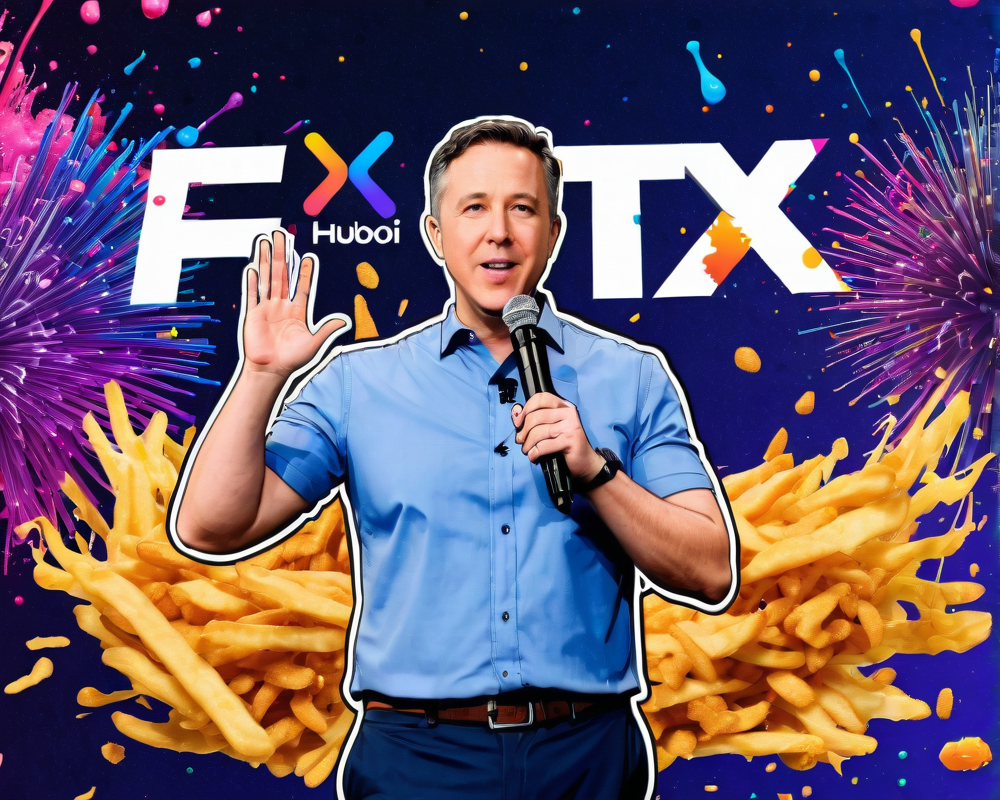Opening Remarks: A New Era for Digital Assets in Australia
Australian Senator Andrew Bragg has kicked off the Australia Blockchain Week conference with news that could shake up the Down Under digital economy. His proposed Digital Services Act (DSA) is aimed at creating a robust framework for a digital asset ecosystem. Think of it as a shiny new car for the crypto industry, equipped with all the latest safety features, available in shades of compliance and innovation.
The Legislation That Could Change the Game
The DSA aims to establish comprehensive reforms across major areas of the crypto market, including licensing, custody, decentralized autonomous organizations (DAOs), debanking, and taxes. Bragg believes that these measures will create a protective barrier for crypto consumers against less-than-reputable players lurking in the shadows. Picture it like a digital superhero cape, here to rescue Aussie crypto enthusiasts from the clutches of malicious operators!
Understanding the Four Pillars of the DSA
Senator Bragg diligently outlined the four fundamental pillars guiding the DSA:
- Technologically Neutral: The DSA won’t play favorites with technology and will adapt to innovations.
- Broad and Flexible Principles: Flexibility is the name of the game, making sure the legislation can evolve with the rapidly changing crypto landscape.
- Regulated by a Minister: Say goodbye to bureaucratic red tape! The DSA is proposed to be overseen by a Minister rather than a buttoned-up agency.
- Government Resources at Play: Using government personnel and resources aims to ensure effective implementation and oversight.
Bragg believes that these guiding principles can help Australia position itself as a key player in the global crypto market, showing the world that the country is ‘open for business.’
Facing the DAO Dilemma
The Senator also took a bold stance on DAOs, calling on various government branches to recognize their potential impact. He described DAOs as a potential “existential threat to the tax base” since they aren’t currently taxed like traditional companies. Here’s where things get serious: if more organizations start becoming DAOs, the government’s treasure chest filled with company tax revenues could see a rapid shrinkage.
Instead of hitting panic mode, Bragg has proposed a framework that allows DAOs to thrive while ensuring they adhere to certain standards. This could help consumers better navigate the landscape of DAOs, offering clarity between who’s retail and who’s wholesale, almost like having a digital bouncer at the door of a club!
Crypto in Australia: Setting High Standards with Enthusiasm
Michael Harris, the head of corporate development at Swyftx, echoed Bragg’s sentiments, advocating for higher standards in Australia’s crypto scene. He views this as a positive step forward. With nearly one in four Australians reportedly owning some form of crypto, maybe it’s time to put on our big boy pants and lead by example on a global scale!
The Global Context: Cryptos and Sanctions
In light of recent global tensions, the crypto market has come under scrutiny for its potential role in avoiding economic sanctions. Senator Bragg didn’t shy away from addressing these concerns, pointing out the current weaknesses under the Digital Currency Exchange (DCE) laws that leave the government feeling a bit handcuffed. He emphasized that Australia must step up to prevent sanctioned individuals from exploiting crypto laws, exclaiming: “The reality is we don’t live in a libertarian nirvana!”
Senator Bragg’s proposals signal a possible turning point in how Australia approaches crypto regulation. If executed effectively, the DSA could pave the way to a safer and more robust digital landscape for consumers and businesses alike.




